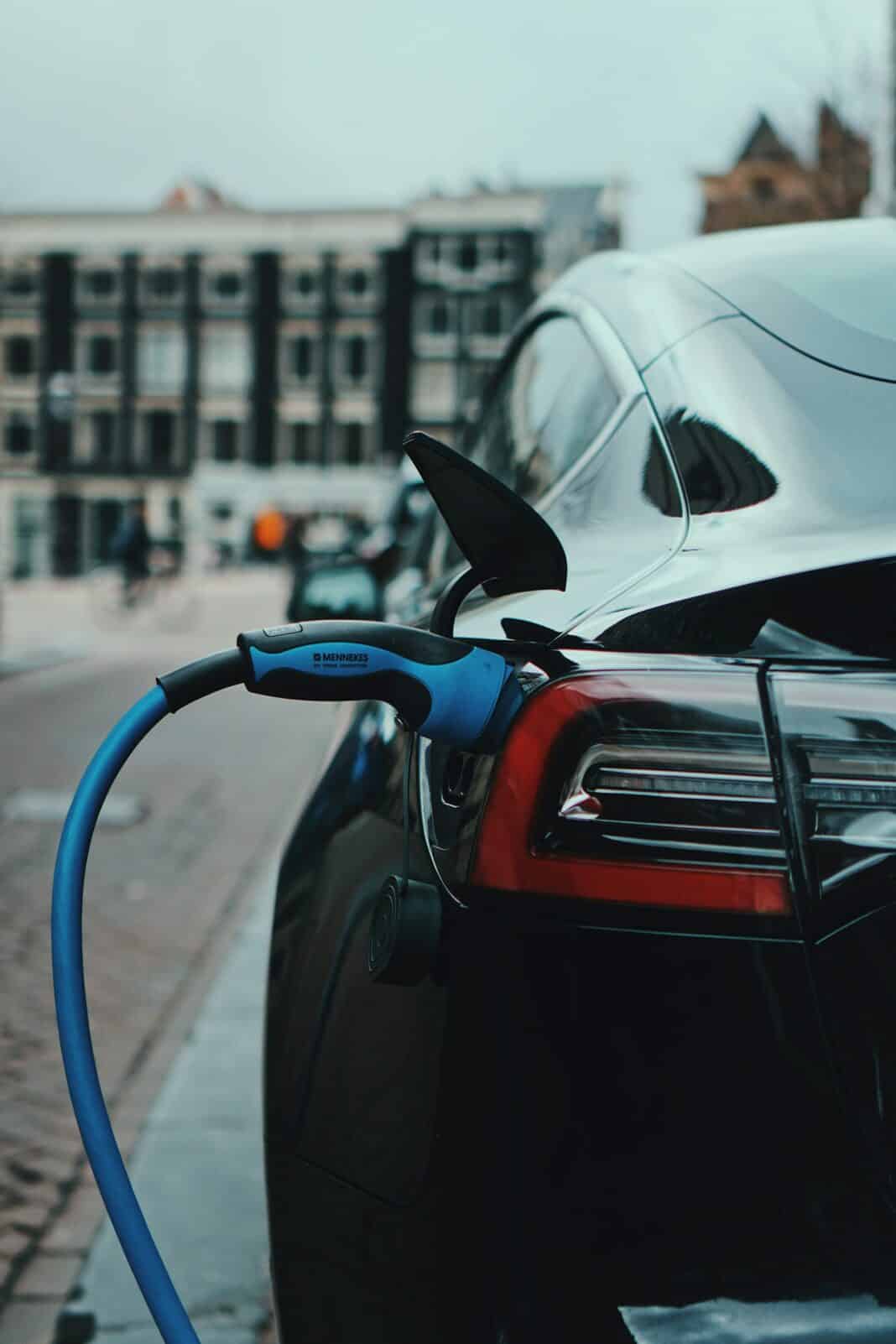It’s not surprising that EVs are constantly getting more popular as the years come back. Aside from the fact that EVs promote a greener atmosphere due to zero emissions, they typically come standard with sophisticated in-car technologies and luxury fitting you probably won’t find even in the highest trim levels of some ICE vehicles.
Just last year, 2023, the EV market recorded a surge in demand, up to 13.6 million units of electric vehicles and plug-in hybrids were manufactured, which is about a 30% increase from the year before. These statistics are provided by Rho Motion, a trusted market research firm. The firm also published that about a record 1.5 million electric vehicle models were sold in December alone.
Why is the EV market experiencing such high demand? Are modern drivers ditching ICE vehicles already? This article explains a couple of things you should know.
Year 2023 Saw More Than 30% Increase in Sales of EVs
The automotive industry seems to be experiencing a notable shift in consumer preferences with the surge in demand for electric cars. The year 2023 witnessed a remarkable increase in the sales of these vehicles globally. This surge can be attributed to several factors, including advancements in technology, environmental consciousness among consumers, and supportive government policies incentivizing electric vehicle adoption.
Factors Driving the Surge in Electric Car Demand
1. Technological Advancements:
One of the primary drivers behind the surge in electric car demand is the rapid advancement in EV technology. Automakers have been investing heavily in research and development to enhance battery efficiency, increase driving range, and reduce charging times.
These technological improvements have addressed some of the key concerns previously associated with electric vehicles, such as range anxiety and lengthy charging times; thus, making them more appealing to a broader range of consumers.
2. Environmental Awareness:
A growing awareness of environmental health concerns, particularly climate change, has prompted car buyers to seek greener alternatives to combustion engines. EVs produce zero tailpipe emissions, which equally means zero greenhouse gas emissions compared to traditional internal combustion engine vehicles.
3. Government Incentives and Policies:
Apparently, some governments have given their consent and support for EV production in a bid to reduce carbon emissions and promote clean energy within their jurisdiction. Many countries, including Norway, have implemented tax incentives, subsidies, and rebates to encourage consumers to switch to electric vehicles.
4. Accessible Charging Centers
Some states previously had only one EV charging center. People living far from this charging center will be discouraged from buying an EV because of inflexible battery charge provision. But now, EV charging centers have increased in numbers, situated in strategic landmark locations for EV owners to easily recharge their vehicles.
What Does This Change In The Automotive Industry?
Of course, this has a profound impact on the automotive industry; automakers who are yet to start producing electric vehicles will be pushed to start production pretty soon, which means more EVs will be available to the customers, and will force each EV brand to offer competitive prices.
Many notable automotive brands have already started making EVs, these brands include Hyundai, Toyota, Honda, Kia, and Nissan. This shift towards electric mobility has also spurred innovation in car battery technology, charging infrastructure, and ancillary services related to electric vehicles.
Brief Overview of Car Alternator
While electric cars are gaining traction in the market, it is still important to understand the role of traditional automotive components, such as the alternator. In internal combustion engine vehicles, the alternator plays is what generates the electrical power needed to recharge a car’s battery while the engine is running.
According to autodoc.co.uk car alternator converts mechanical energy from the engine into electrical energy for battery charging. If your car’s alternator goes bad, the battery won’t recharge while you drive, and as such, it will deplete faster, which poses the risk of your car not being able to start after you have turned it off – due to a depleted battery.
Do EVs use Alternators?
No, they don’t, and this is because they run solely on electricity. There is no need for a component that converts mechanical power to electrical power. ICE vehicles and EVs don’t have anything in common in terms of technological advancements.
Reference:





